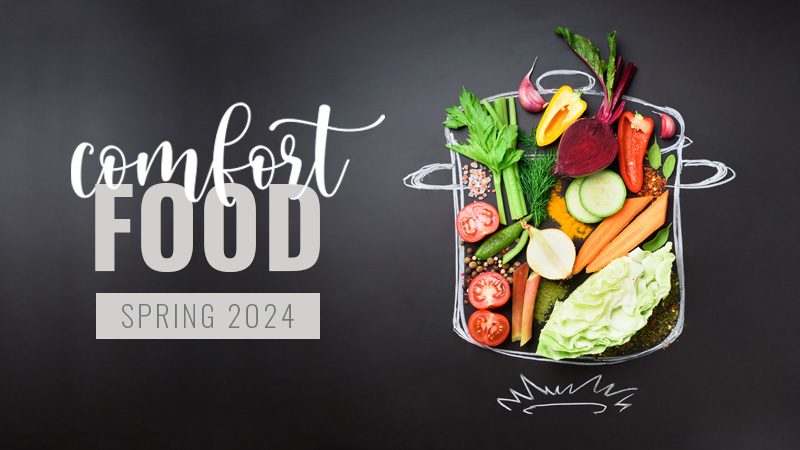A bite of information | Blog
“A Perfect Storm” is headed our way…

Each year Food Banks Canada solicits key data from food banks across the country to gather information that formulates a snapshot of hunger from coast to coast. Due to the pandemic, there was no Hunger Count in 2020 but it is back this year, and the results are deeply concerning. Food Bank Canada’s HungerCount 2021 – the only research study encompassing the country’s 4,750 food banks and community organizations – shows how the pandemic is exacerbating food insecurity and hunger in Canada and advocates for long-term social programs to help low-income and unemployed Canadian’s weather the storm. Alberta stands with Quebec and Ontario as the provinces who saw the greatest increase in visits to food banks and Calgary saw an even bigger jump. But that is just the beginning of the story, with rising food prices, lagging economy, and the seemingly never-ending pandemic, the worst we are told is still to come.
“Nobody comes to a food bank because they ran out of food. Something else happened in their life and that has caused some kind of shift in either their income or savings or whatever they have as resources. You want to be able to update your legislation to reflect the existing climate, not a climate that was originally in place when you last looked at the regulations and the policies.”
– James McAra, Calgary Food Bank CEO.
The data gathered by Food Banks Canada is from March 2021 exclusively. Food banks across Alberta saw a 30% increase in access in 2021. There were over 116,4300 visits to Alberta food banks in March 2021. Social assistance benefits have not kept up with the rising inflation, creating a reliance on additional social support like food banks.
Arianna Scott, Interim CEO, Food Banks Alberta says, “It’s staggering to see these numbers in black and white. Of course, we knew that more Albertans were accessing the food bank during the pandemic. But to see in print that many Albertans accessed food supports in March 2021 alone, to put food on their tables – that is huge. It really demonstrates just how critical food banks are to their communities. With COVID continuing to impact our province and the economy, we expect these numbers to trend upwards, particularly when you consider other factors like increasing rental and housing costs, and a projected 5% increase in food costs. It’s just unrelenting.”
How Does Calgary Compare to Canada?
Time range: March 2021
| Calgary | Canada | |
| Visits increased % (March 2021 over 2019) | 40% | 20% |
| Hampers increased % (March 2021 over 2019) | 52% | More than double for 1 in 4 food banks |
| Fixed incomes (Pension, disability) | 38% | 27% |
| Unemployment related | 34% | “more likely” |
Time range: Fiscal Year 2020/21
| Calgary | Canada | |
| Clients on rent | 82% | 67% |
| Singles (Adults living alone | 43% | “almost half” |
Putting food on the table is a ‘now’ problem but changing public policy to address root cause is the real and long-term answer. As a nation, we have a pivotal choice to make, to return to a “pre-pandemic” cycle of poverty or to build a better Canada where no one goes hungry, and poverty is addressed at its root causes. Early in the pandemic, government housing and income supports helped flatten demand at Canada’s food banks but in recent months, visits are beginning to surge, and one-in-seven food banks is experiencing doubling of demand. Our experience during the pandemic proves that good social policies have significant impact on reducing food insecurity when they truly address the causes of low-income unemployment, housing costs and poverty.
The report gave five recommendations to the government to address the causes of food insecurity. It called for greater support for renters on low-income and for work to be done toward a minimum income floor as well as modernizing employment insurance and finding other help for those earning lower wages. This is a task for the greater community to come together to alleviate and in the meantime ensure no one goes hungry today. To learn more about the 2021 HungerCount, read the full report.



